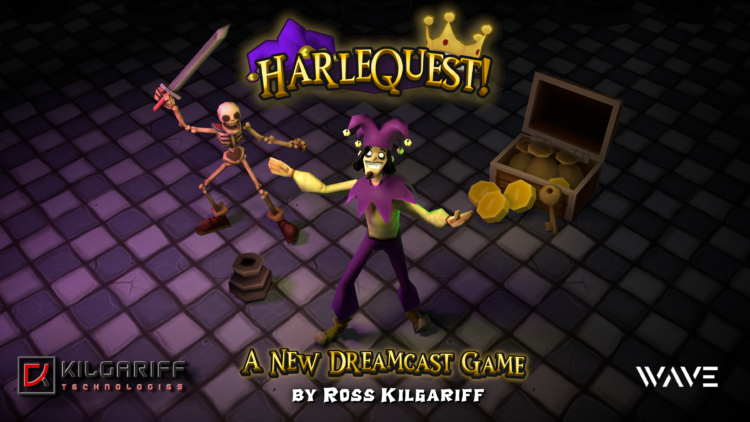 Many of you probably remember the announcement of Harlequest!, a brand new action RPG in development for Sega Dreamcast that is now live on Kickstarter. As of this writing, there are 5 days remaining for the Kickstarter to raise as much money as possible.
Many of you probably remember the announcement of Harlequest!, a brand new action RPG in development for Sega Dreamcast that is now live on Kickstarter. As of this writing, there are 5 days remaining for the Kickstarter to raise as much money as possible.
Since I have written that article, I have gotten the opportunity to speak with the game’s main creator, Ross Kilgariff (ross:codes) to learn more about him and the inspirations behind Harlequest! Check in after the break to hear more from the man himself. Special thanks goes to Ross for reaching out to us for this opportunity.
Before we begin, please tell everyone reading about Harlequest! in your own words, for those just finding out about it now.
Ross: HarleQuest! is a new 3D dungeon crawler for the SEGA Dreamcast and PC. It started life as a simple tech demo back in 2017, but after porting some NES games to the platform and getting some more experience, I decided to revisit the demo and turn it into a complete game. The player takes control of Estienne, a Jester who has been thrown into the dungeon after insulting the king. Now he must make his daring escape and maybe even get some revenge while he’s at it! The game has randomly generated dungeons and the player must start again on death (roguelike), but the combat is technical and skill-based (like Dark Souls). We’re aiming for a late 2024 release date, and if we hit our Kickstarter stretch goals we’ll port it to Switch and other modern platforms.
Tell us about your background in Game development. What games or other media have you worked on before?
Ross: I’ve been developing games since I was young. Games have always been a part of my life, and I suspect they always will be. Professionally I’ve worked at Ninja Kiwi on the Bloons Tower Defense and S.A.S: Zombie Assault series for over a decade now, and I’ve tinkered with various side projects in both software and hardware throughout that time. I studied Games Technology at University and have always preferred making my own engine.
What compelled you to make Harlequest! on Sega Dreamcast of all platforms?
Ross: Targeting an older platform forces you to get creative with what you choose to include in the game. Having limited resources means you can’t bloat the game with filler, and you need to choose an aesthetic that works within those limitations. I find this much more inspiring and fun than targeting a modern platform, and it allows me to make a love letter to the games I enjoyed growing up. I hope that HarleQuest! finds a place on the shelves of any retro collectors and that it’s something people actually want to pick up and play.
Did you have any history with Dreamcast prior to entering game development? Did you have one when you were younger? Any favorite games or memories?
Ross: My next door neighbor had a Dreamcast and I’d go around to visit now and then. We would play Sonic Adventure and Street Fighter Alpha 3. It really blew me away at the time, and it had a totally different feeling to the other systems I’d played. Most of my experience with games on the platform has been in recent years though.
If you could make a successor to any existing Dreamcast classic, whether you get to work with the actual IP or not, what would it be?
Ross: That is a very tough question! If I had to pick one, it would probably be Power Stone 2. I think we’ve learned loads about arena-based fighting games since Power Stone 2 came out and it’s just asking for a modern successor. There’s also elements from MOBAs and RTS games that I think could mix with the Power Stone format in a really interesting way, so I’d be interested to experiment with that.
Let me congratulate you on the kickstarter having already eclipsed its goal. Did you expect to reach your goal as easily as you did, or were you expecting a close call?
Ross: Thanks! I didn’t know exactly what to expect with the funding target, but I set it to an honest estimate of costs on top of my own savings. I was cautiously optimistic that we’d hit the goal, but it is amazing to see so much interest so early on and I’m delighted that there is still demand for new Dreamcast games.
Why did you decide to bring Harlequest! to Kickstarter? Was it out of necessity? Did you always plan on going there?
Ross: There are many advantages to Kickstarter. It gives us access to the funds we need without relying on loans or investors, and also lets us prove that people actually want to buy this kind of game in 2023. It’s a steadier position being able to quantify how many people want the game and also lets us bring them into the development process. They are our customers and we’re making this game for them, so it helps to have the lines of communication open rather than tinkering away for a year behind closed doors.
What were your main inspirations for the designs of the world or the characters of Harlequest!?
Ross: If I were to pick three main sources of inspiration for the visual style of the world and characters, I’d go with The Hunchback of Notre Dame, MediEvil and American McGee’s Alice. It’s mostly a dark, dreary world but with flashes of bright green, purple and gold to liven things up. It takes inspiration from real-life medieval France and the architecture and technology of the mid 15th century. I’ve been reading up on the history of the sewers in Paris, the design of Notre Dame itself, and the roles that jesters have played in royal courts throughout history. There will be references to real-life places and history scattered throughout the game to add some authenticity, but a healthy dose of cartoonish fantasy creatures, spells and stories to balance things out. Character-wise, Estienne is inspired by the fictional Clopin (The Hunchback of Notre Dame), but his place in the story is inspired by the real jester Triboulet. The King is actually inspired by Henry Lewis from Mischief Theatre mixed with Brian Blessed. We’re trialing voice actors just now to figure out what direction we want to go with. I will gladly go into more detail if anyone actually wants to know! Otherwise, you’ll see/hear it all in the finished game.
What do you find are some of the biggest challenges you’ll be facing as you continue developing Harlequest!? Is it anything having to do with the game itself? Developing on Dreamcast? Any other forces outside of this that might pose a challenge with development on Harlequest! that are okay for you to share?
Ross: The biggest challenge has simply been finding time to work on the game. This isn’t an issue now I’ve gone part-time at my day job, but that only started this month. It has been amazing to get a couple of 8 hour stretches at a time to move things forward and I’m really excited to get momentum up. Another challenge is keeping up with marketing and social media posts. Sometimes I’m just working on pure code/math and that doesn’t make for good marketing material. I always look forward to having something tangible to post on Twitter for #ScreenshotSaturday, but it’s not worth spending all my time making pretty things instead of doing the necessary groundwork for new features. This will become easier as the rest of the systems take shape (cutscenes, pathfinding, etc) and we can focus attention more on gameplay, but until then it’ll just be a balancing act. Going forward, the biggest challenge will be scope creep and sticking to the schedule – as with all games!
What do you think is your personal favorite aspect about Harlequest! and how much do you expect players to enjoy that?
Ross: My favourite aspect of the game is the main design goal: Mastery. I want HarleQuest! to be tough but fair, and the difference between a new player and an experienced player to be like night and day. If I do my job right, players will enjoy the process of trying something new, dying, trying something else, dying, starting again… and all the while seeing that their skills are improving. This is tricky with a randomly generated world, but I’m looking forward to tuning those two aspects to make them work harmoniously rather than cancelling one another out.
Right now, we’re starting to see a lot of new indie games being developed on other classic consoles besides just Dreamcast, including the Genesis and the Game Boy, now that development tools are coming out to make this easier and easier. What do you think of this new surge in retro game development? Are you excited being a part of it, considering how uncommon 3D indie games on Dreamcast are?
Ross: I’m very excited by it! I’m really glad developers are keeping these systems alive with new releases. It should be as easy and fun as possible for people of any skill level to make new games for old platforms and to experiment with their own ideas. There might be some issues down the line with market saturation of similar products, but there’s always opportunities to do something surprising and unexpected in that situation. There’s also a growing press movement surrounding retro indie games that should help the best games rise to the top. Specifically for 3D Dreamcast games, I want more of them! We’re sort of in the novelty phase just now where any 3D game is impressive, but I hope we can get to a point where multiple high-quality 3D games are made for the platform every year.
Do you have any special advice for game developers out there, regardless of what games they want to make or what platform they’re developing for?
Ross: My biggest piece of advice for new developers is to focus on making a game. Not an engine, a toolkit, or a system, but an actual playable game. Even if you want to make engines or tools down the line, you can’t do a good job of that until you’ve made actual games and understood the process. It’s also generally better to make a number of simpler games that actually get finished rather than trying to make your masterpiece right off the bat. Try setting real deadlines for yourself and try hard to get things done by those deadlines, even if the end result isn’t perfect. For developers who already have some experience, my advice is generally to be honest about what is working and what isn’t. Cut out any wishful thinking or self-delusion that can creep in and always take a step back to look at the bigger picture. The three big project killers are scope creep, sunk cost fallacies and loss aversion. If you happen to be an indie developer, it’s all up to you to keep those out of your project. I have more advice but this answer is long enough already!
And there you have it. Thanks once again to Ross for taking time out of his busy schedule to speak to all of us here and best of luck to him with development. You can hear more from him by going to his website Ross.Codes or to his official Harlequest! website, both of which also link to all his social media pages. Be sure to check out the Kickstarter page for Harlequest! as well. There are currently five days left to pledge money to it as this article goes live, and it is currently very close to its first stretch goal, which will ensure a version for Nintendo Switch is developed, so if you’re interested, then act quick.


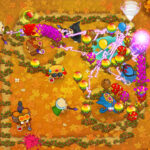

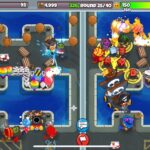
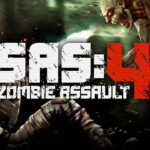
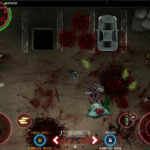
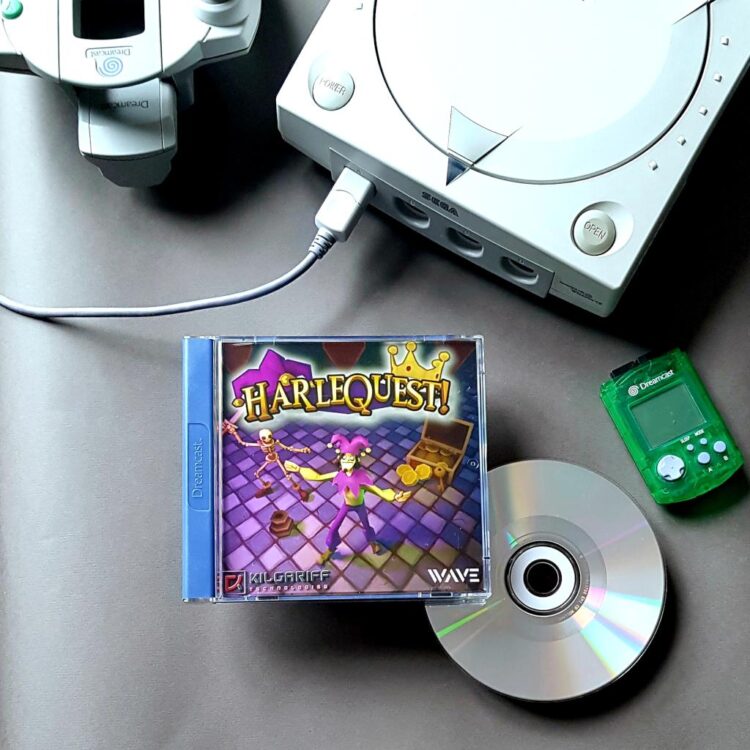
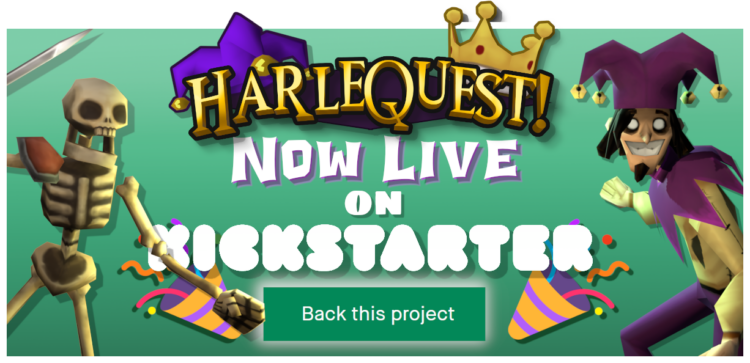
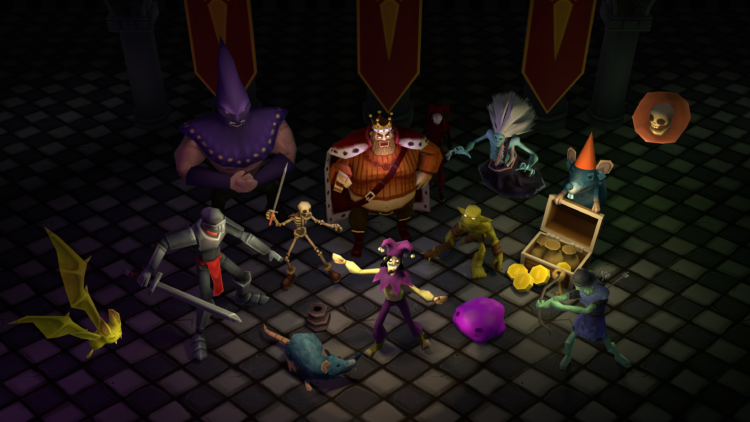
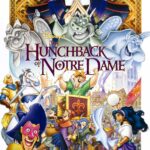

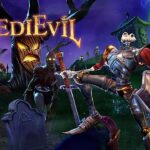

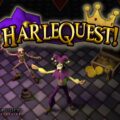
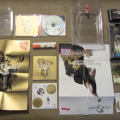
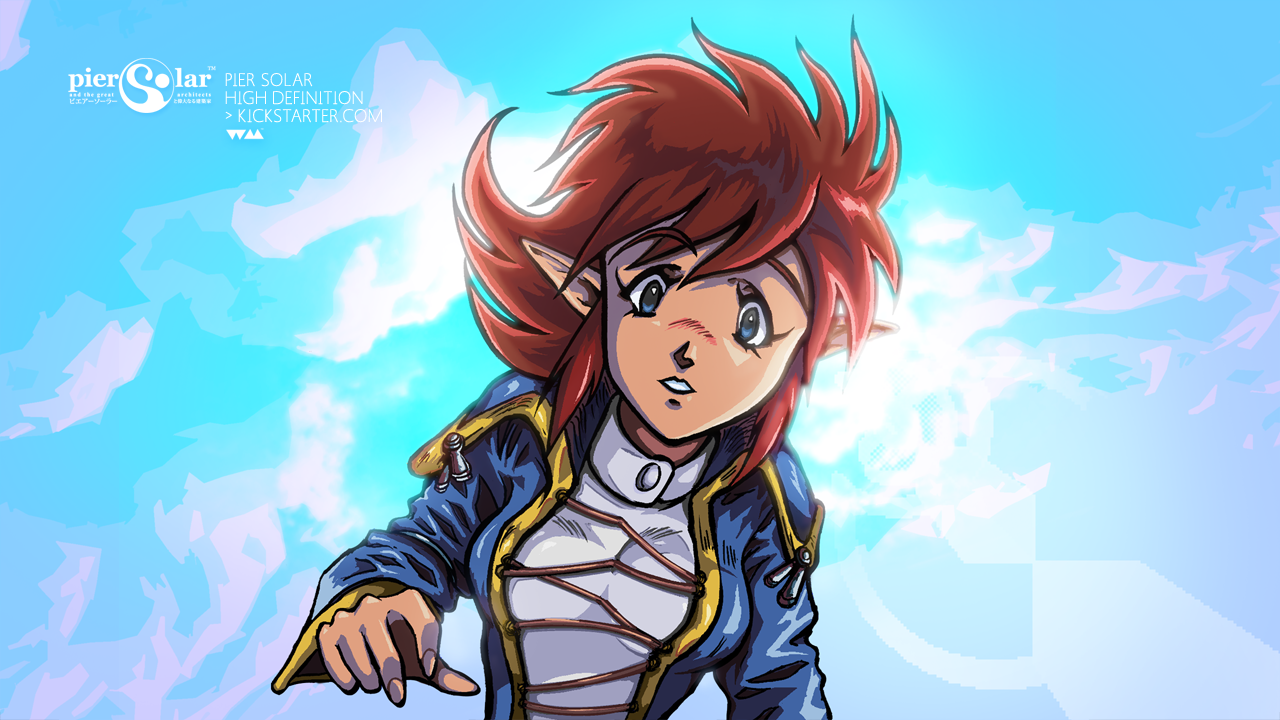
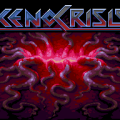
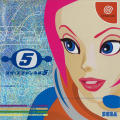
Cool.
Finally! Good to see a new game for the Dreamcast that is actually using its 3D capabilities for a change, I know this is also another project being handled in Scotland but Wave who is publishing it outside Scotland should take notes, as much as I love 2D, the Dreamcast is capable of so much more besides just 2D based titles.
The current Sega Powered magazine with Dean Mortlock as editor might include the Wave sampler #2 with this.